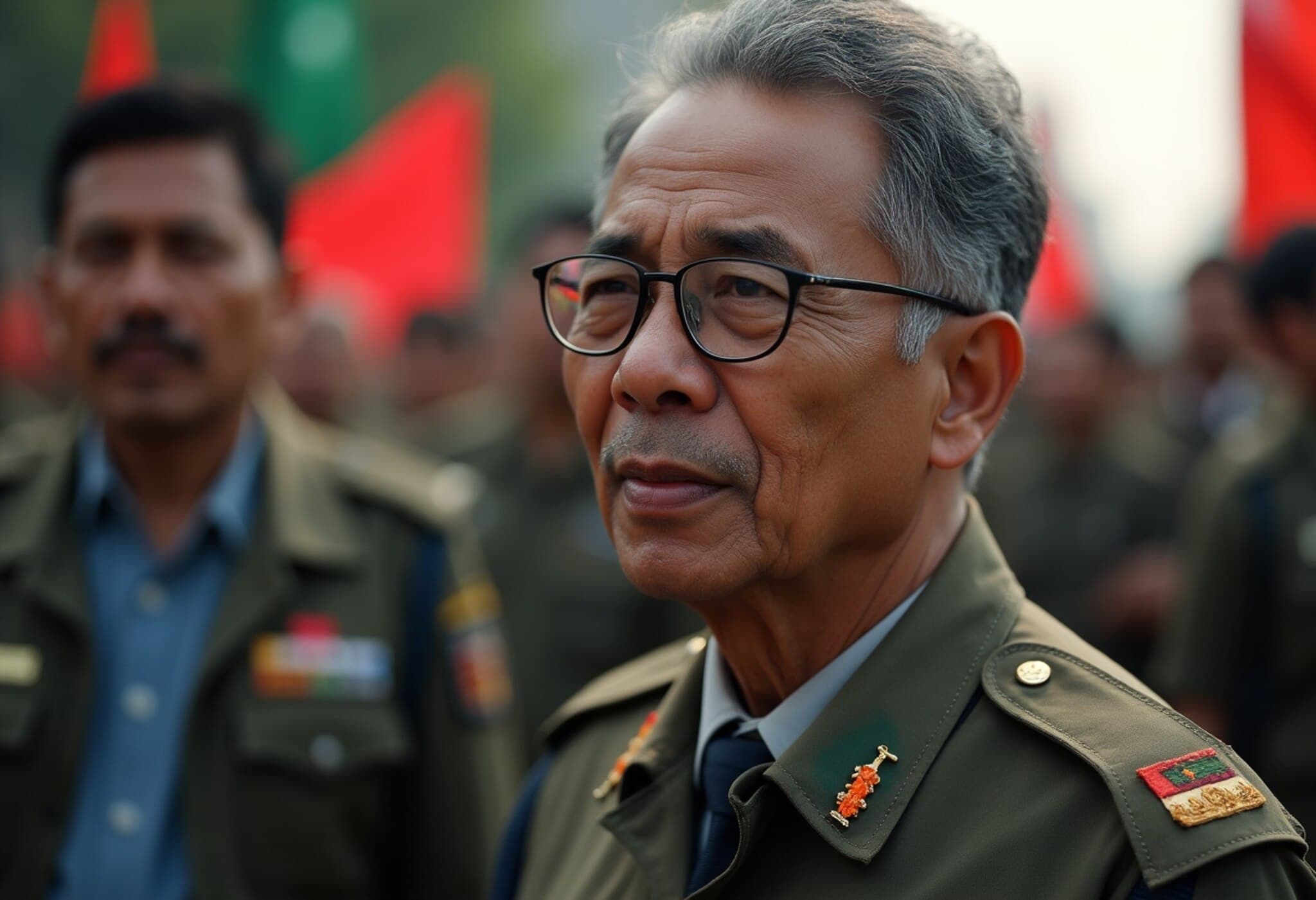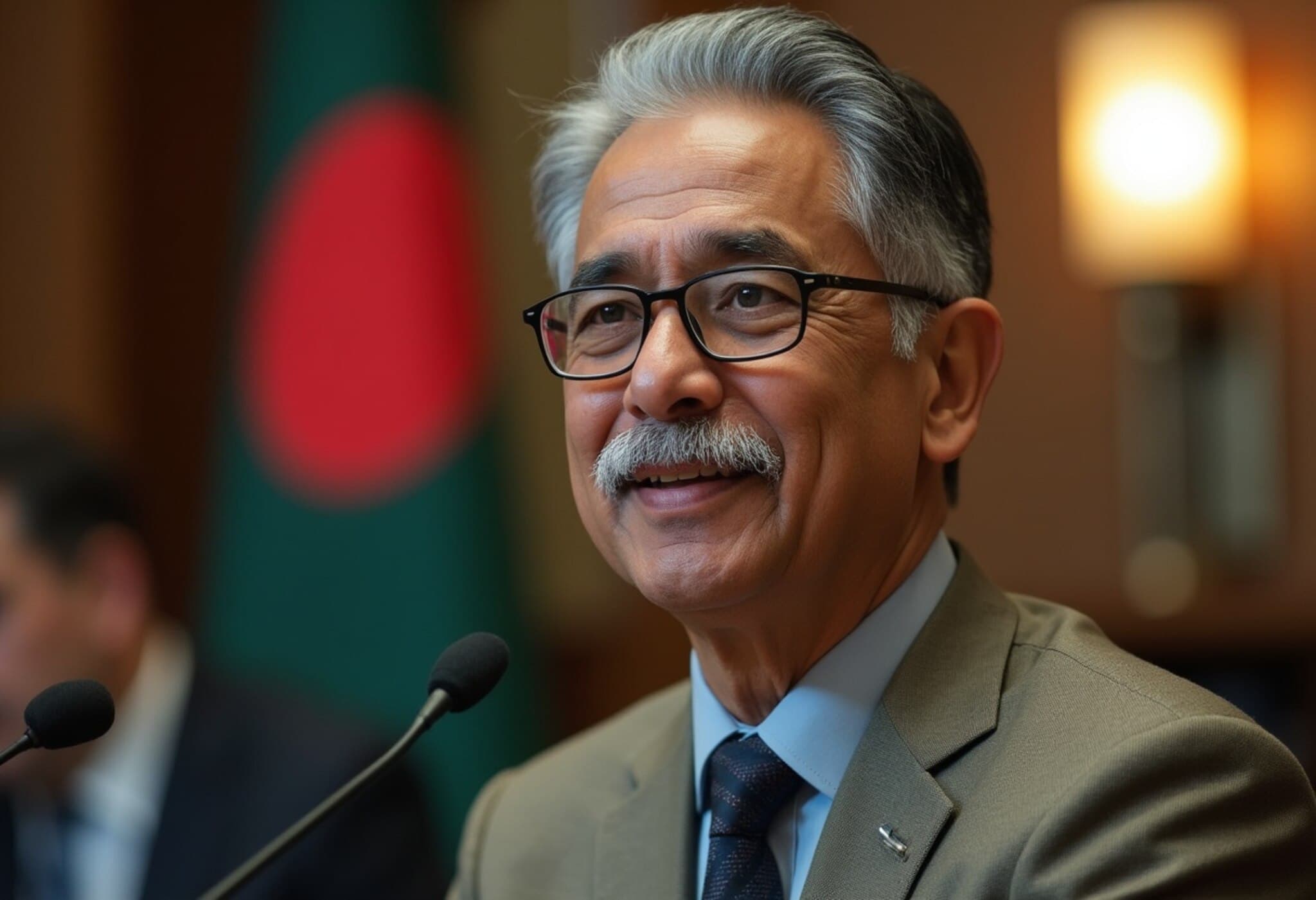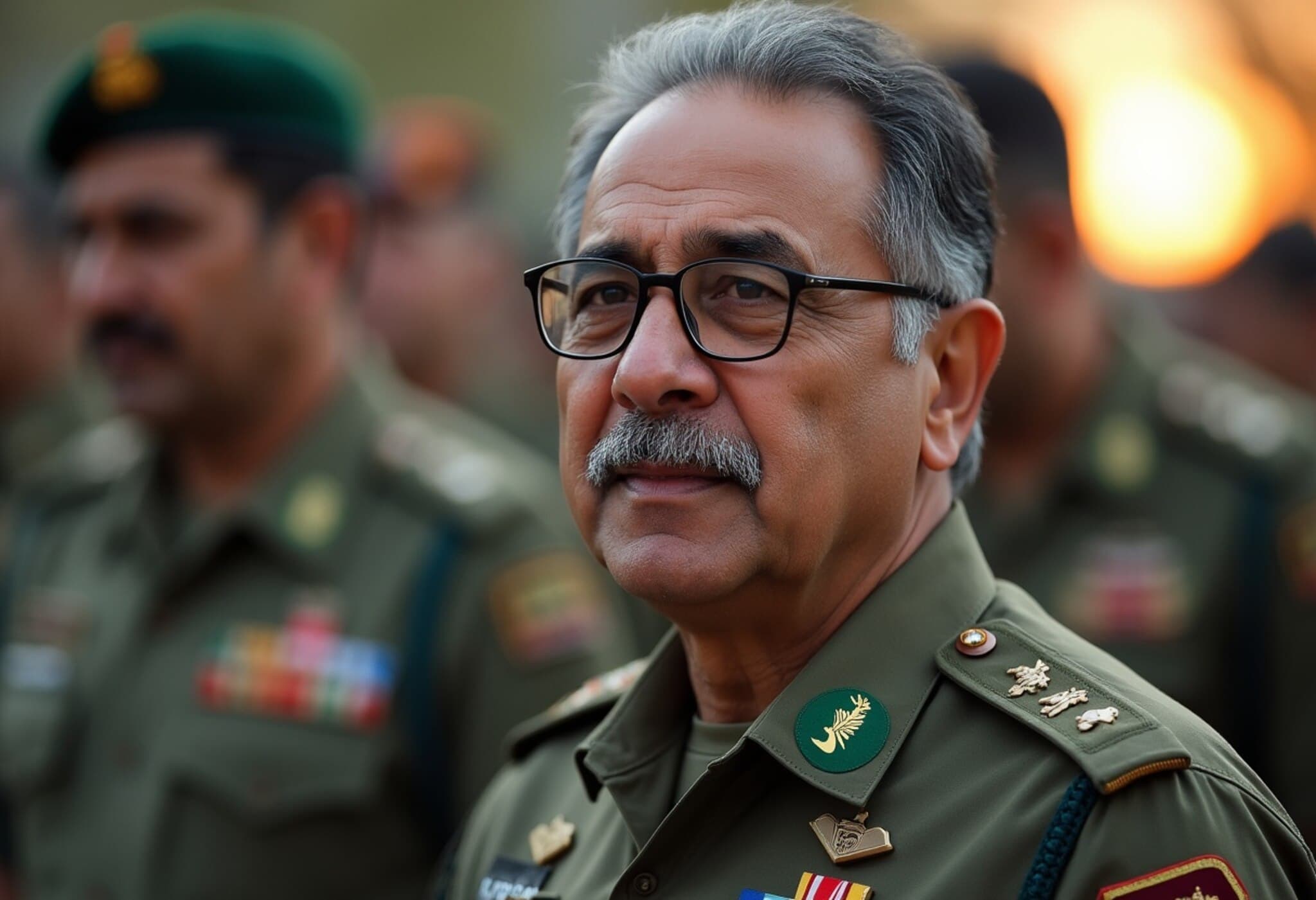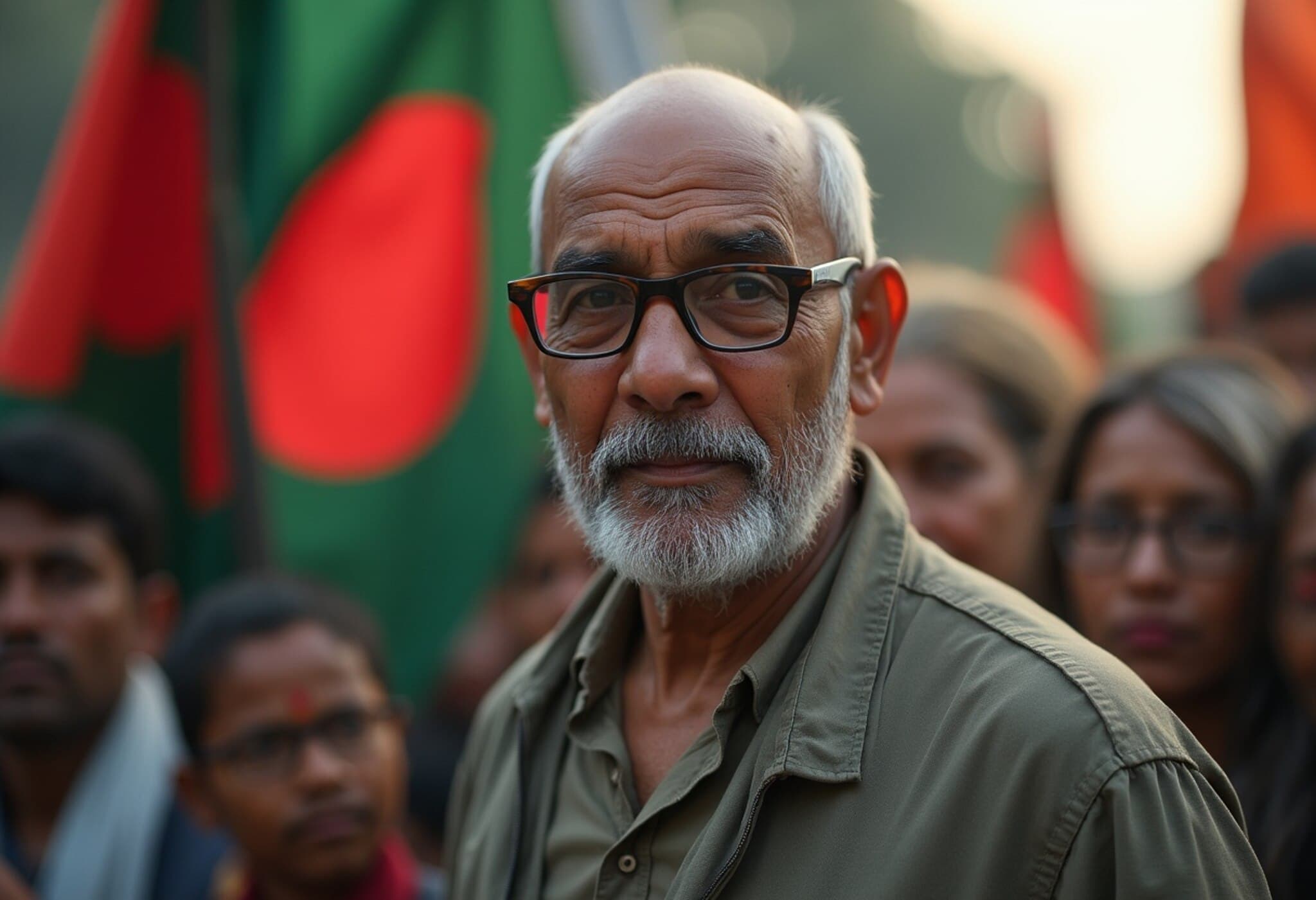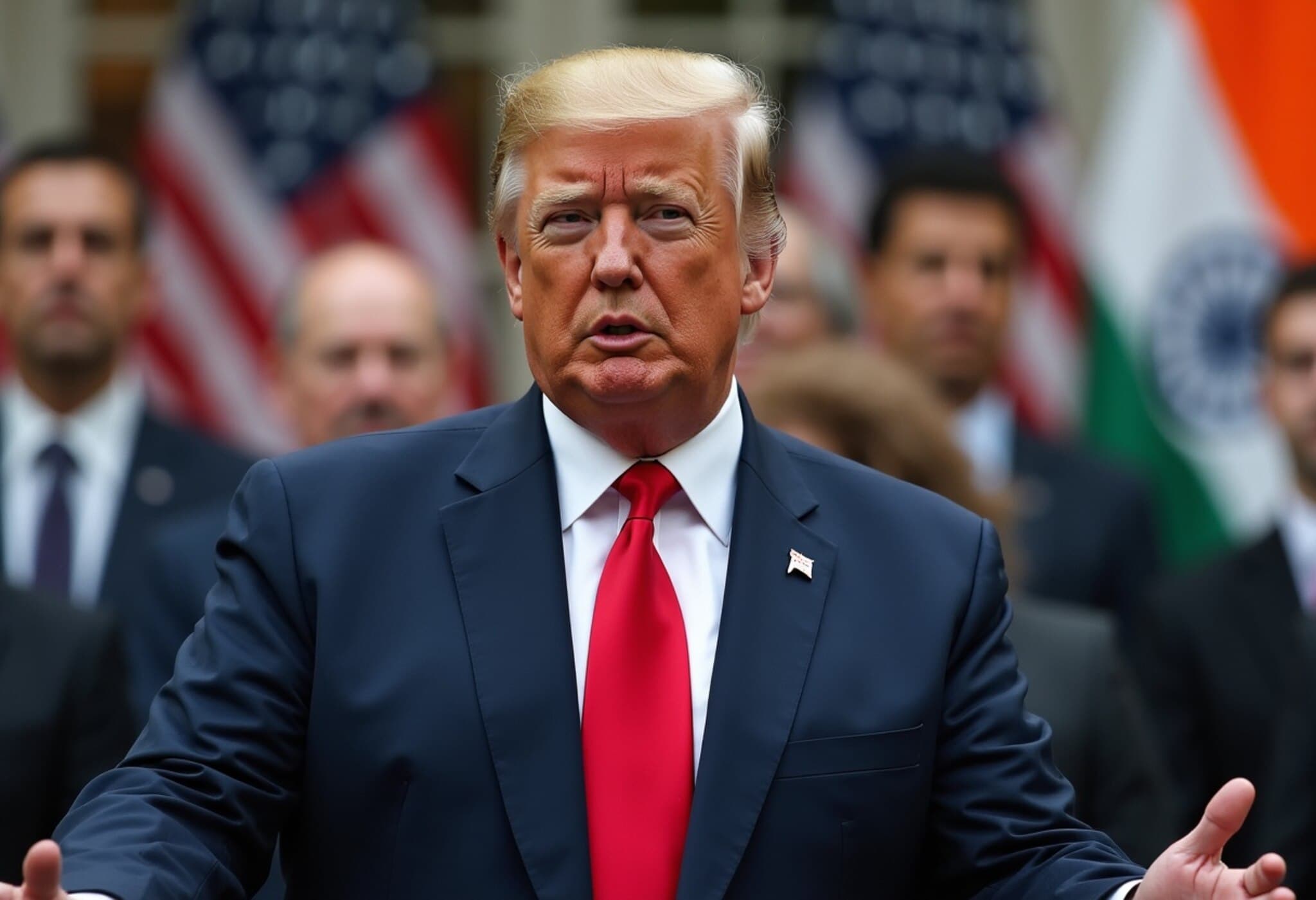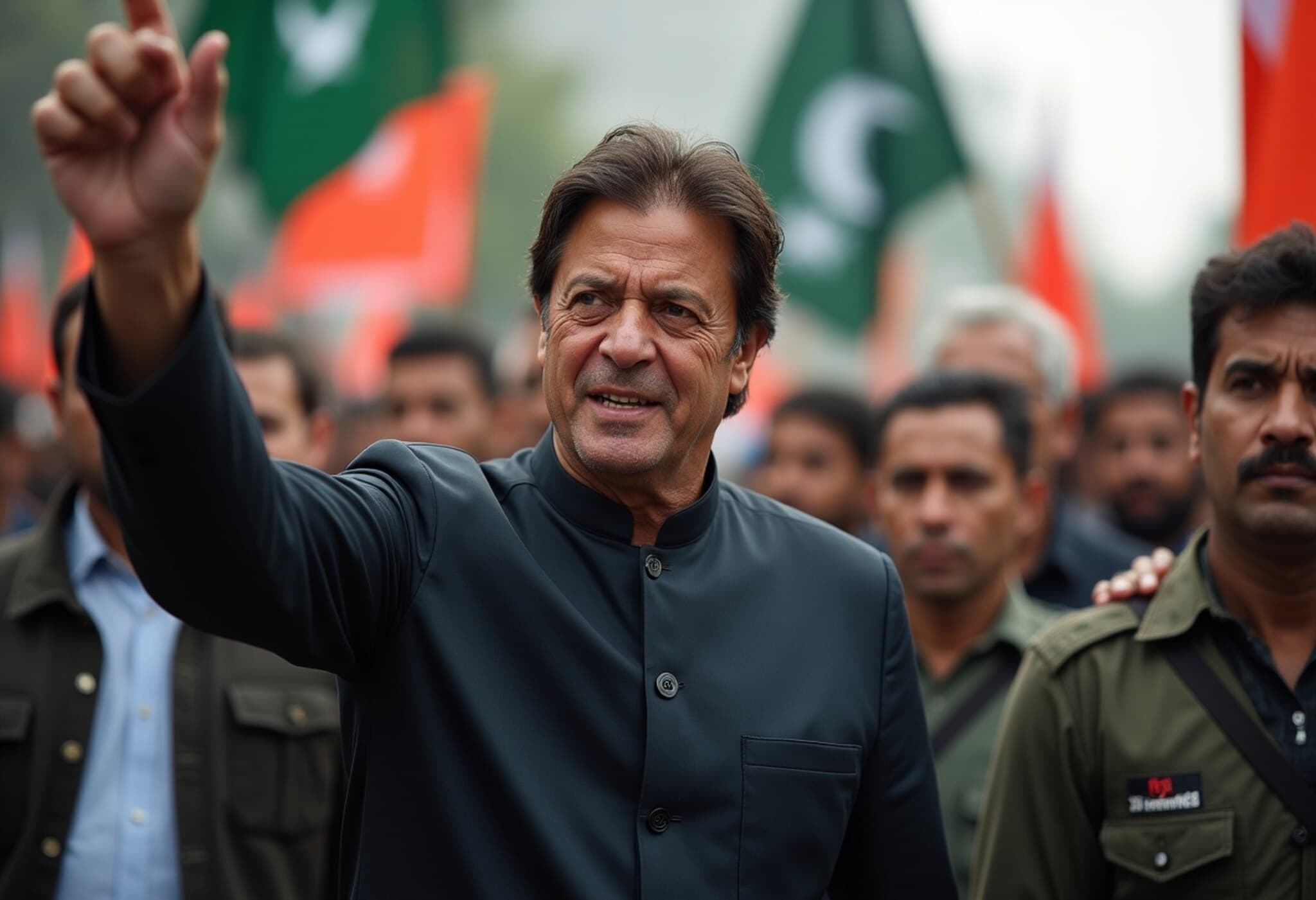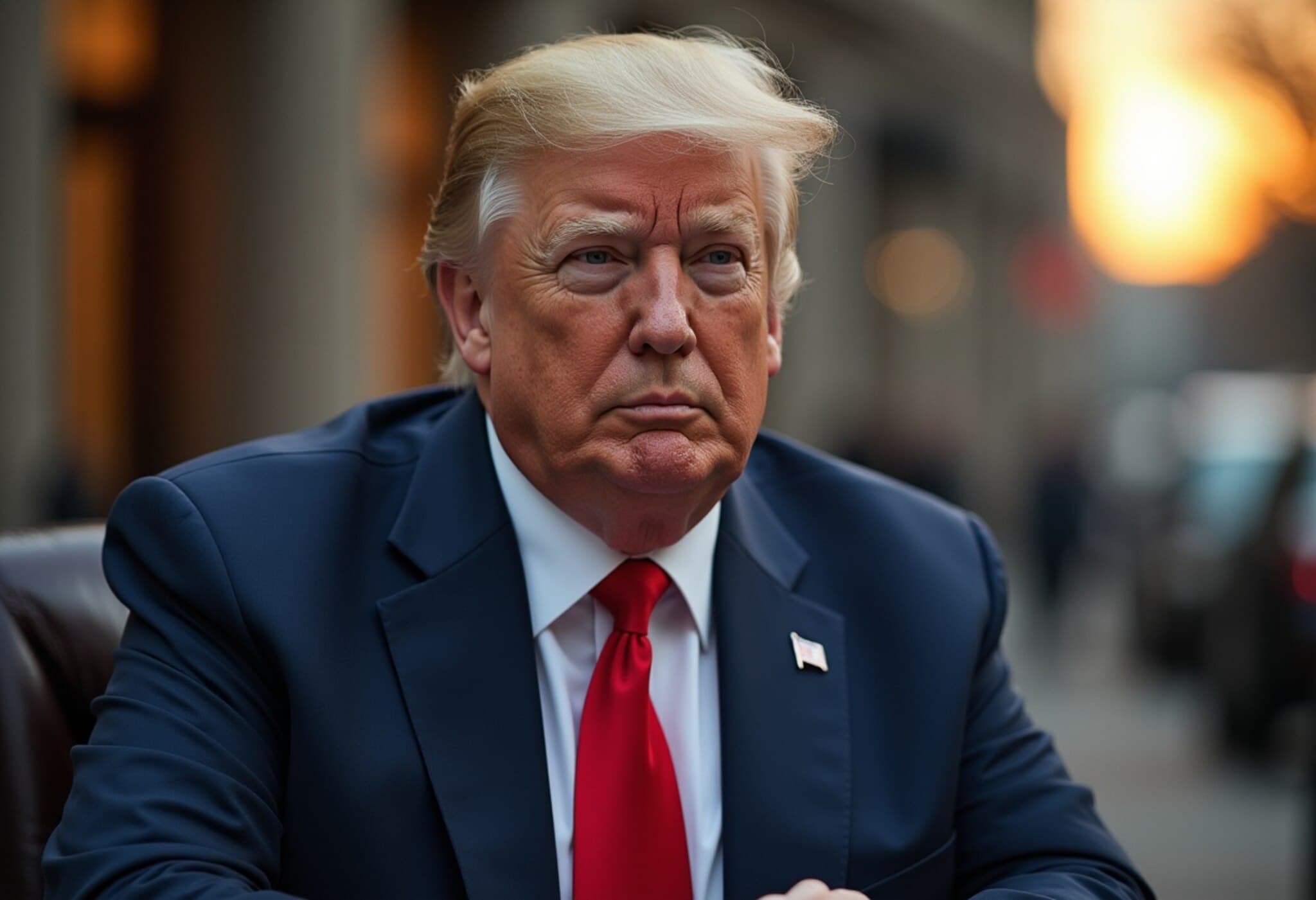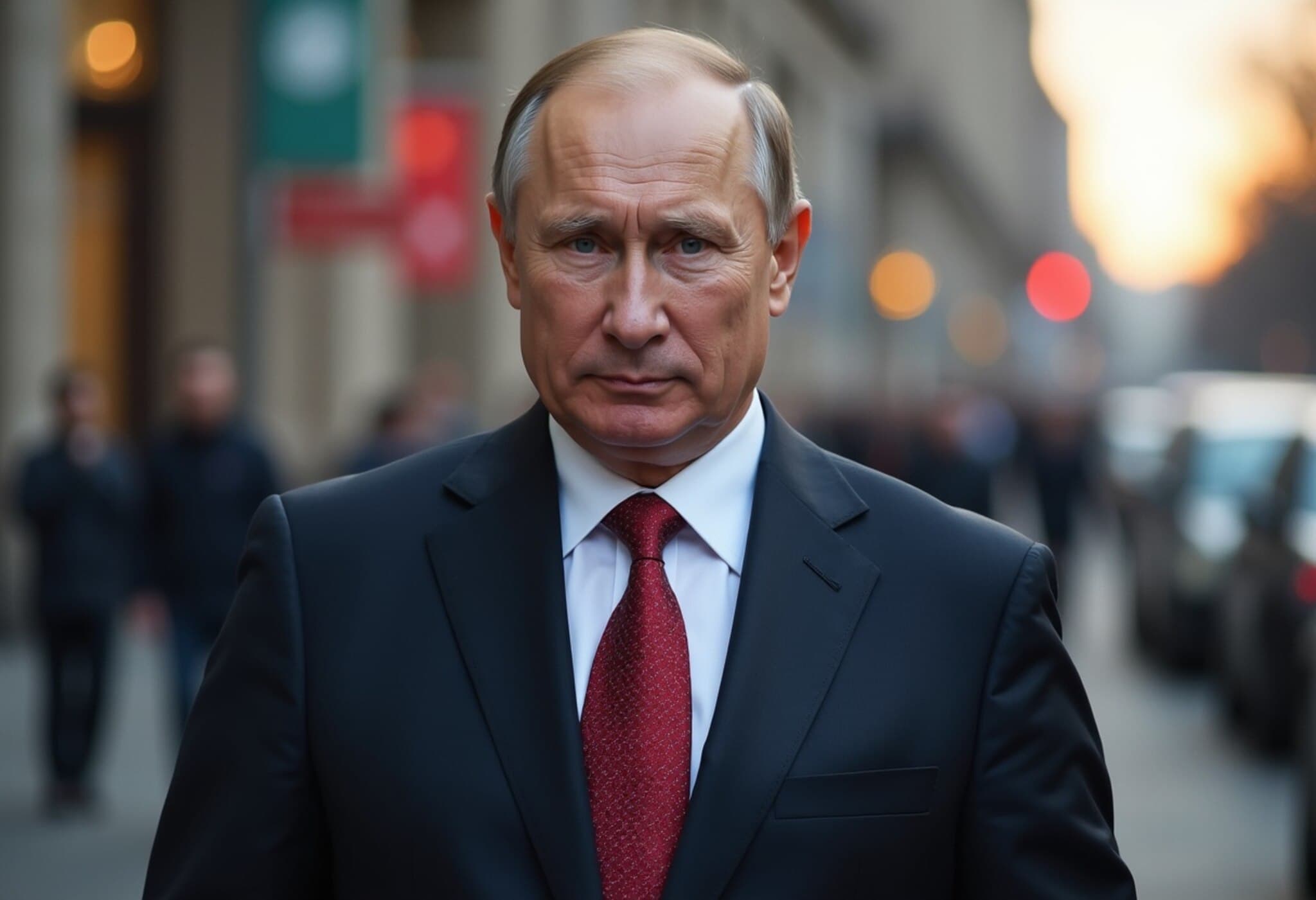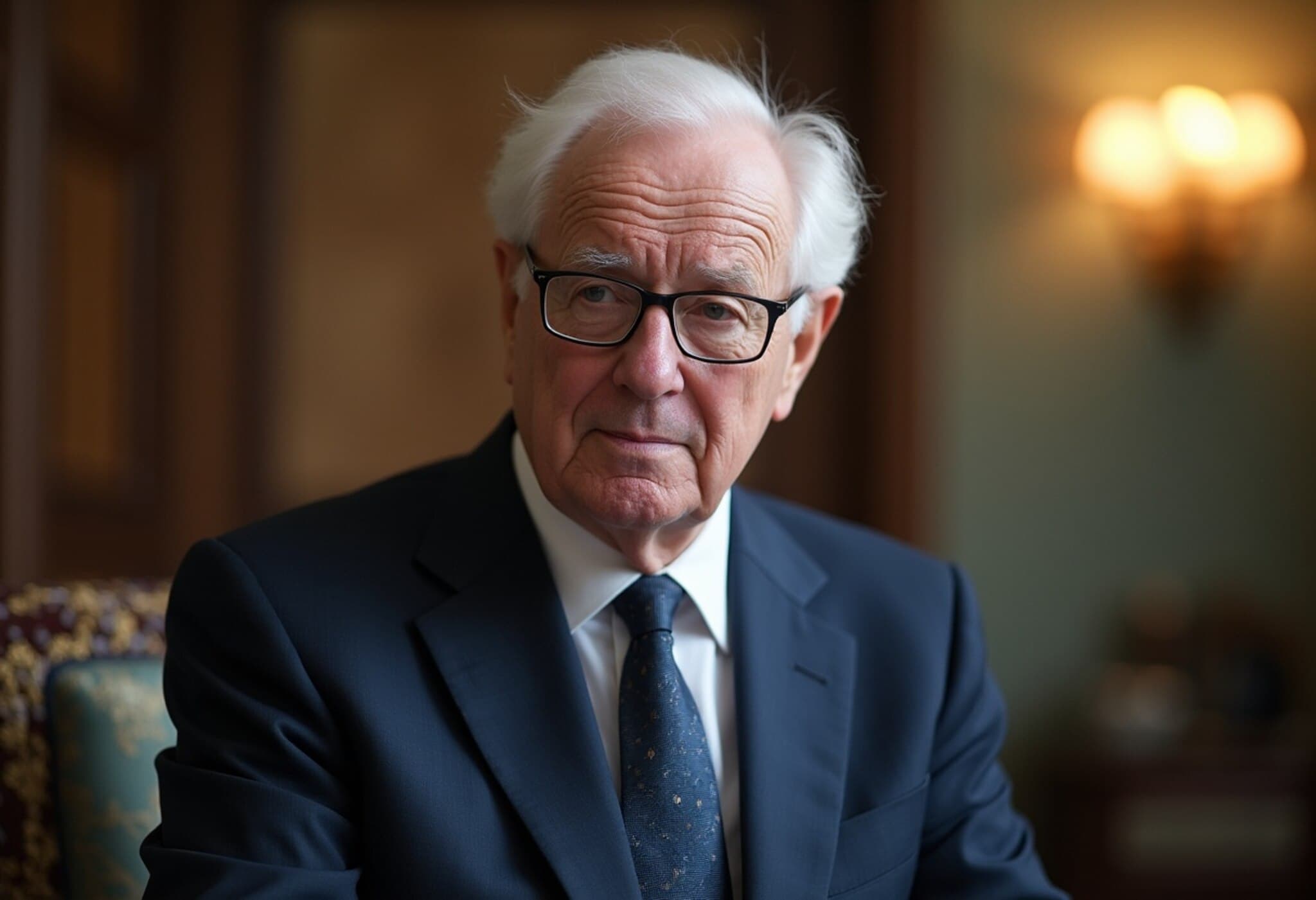US Scholar Criticizes Trump’s Pakistan Strategy and Its Fallout for India
In a candid assessment that has reverberated internationally, a former Pentagon official branded Pakistan’s army chief Asim Munir as “Osama Bin Laden in a suit”—a scathing indictment that underscores growing concerns about the Trump administration’s increasingly cozy embrace of Islamabad. The criticism comes amid rising tensions in South Asia and after Munir’s alarming nuclear threats made on American soil.
The Controversial Embrace of Pakistan
Last weekend in Florida, Asim Munir, Pakistan’s top military figure, issued a chilling warning: should Pakistan face an existential threat, the nuclear-armed country would be prepared to take “half the world down with it.” The statement followed earlier threats targeting India’s infrastructure over water disputes. Surprisingly, the Trump White House and State Department issued no public condemnation or pushback against these provocations.
Instead, the Trump administration moved to designate the Baloch Liberation Army as a foreign terrorist organization—a significant concession aligned with longstanding Pakistani demands. Curiously, this came despite the BLA's notorious record of attacks against US interests, raising questions about the administration’s strategic priorities.
Business Dealings Over Diplomacy?
Observers attribute this diplomatic pivot partly to President Donald Trump’s background as a businessman and real estate developer. Michael Rubin, a senior fellow at the American Enterprise Institute and former Pentagon official, told ANI, “Donald Trump is a businessman… he’s used to horse trading. Morality and ideology don’t really factor in.” Rubin suggested that Trump views the South Asian conflict through a transactional lens, with the prospect of mediating between India and Pakistan primarily as a way to bolster his personal legacy—potentially earning him a Nobel Peace Prize.
Rubin posits that the president’s frustration over India’s reluctance to engage with his mediation efforts has influenced a tougher US stance on New Delhi, especially in trade relations, reflecting both geopolitical strategy and personal ego management. “India will pay the price,” Rubin warns, as Washington diverts attention to courting Pakistan.
Flawed Understanding of Terrorism and Regional Dynamics
Many analysts contend that US policymakers fail to grasp the ideological convictions driving groups like Pakistan’s military elite and terror organizations. Rubin sharply critiques this mindset: “There is no amount of concession that will change the ideology of Munir or Pakistan’s ruling class.” He describes Pakistan as a “failed state held together with band-aids,” teetering on the edge of instability.
Rubin warns that the United States risks catastrophic consequences if it continues overlooking the risk of nuclear weapons falling into dangerous hands amid Pakistan’s internal fragility. Drawing a parallel with the 2011 SEAL Team Six raid that eliminated Osama bin Laden on Pakistani soil, Rubin cautions future administrations to prepare for possible direct interventions to secure Pakistan’s nuclear arsenal.
Contextualizing US-Pakistan Relations
Historically, US relations with Pakistan have oscillated between frantic strategic closeness and cautious disengagement, often prioritizing military rulers like Yahya Khan, Zia-ul Haq, and Pervez Musharraf over Pakistan’s civilian governments. Rubin’s recent critique underscores that the United States’ current policy may be repeating past mistakes by empowering military elites with questionable agendas.
Implications for Regional Stability and US Foreign Policy
- India’s Position: The country finds itself squeezed as the US shifts diplomatic favor toward Pakistan, complicating New Delhi’s security and economic interests.
- Peace Mediation Ethics: Trump’s mediation efforts are criticized for lacking nuanced understanding of South Asian complexities, oversimplifying terrorism to grievance redressal.
- Nuclear Risks: Pakistan’s nuclear arsenal remains vulnerable amid political instability, raising alarms about future security threats.
- US Strategic Priorities: The pivot appears driven by countering China and Iran influences, yet it risks alienating vital regional partners and undermining sustainable peace efforts.
Expert Insight: Navigating a Complex Future
Rubin, author of Dancing with the Devil: The Perils of Engaging Rogue Regimes, issues a blunt reminder that diplomatic engagement with authoritarian and militarized regimes comes with significant pitfalls. His commentary challenges US policymakers to balance pragmatic interests with the imperative of regional stability and the global nonproliferation regime.
As South Asia faces an increasingly precarious security environment, the international community—and the US specifically—must critically reevaluate its strategies to avoid exacerbating tensions or enabling dangerous actors.
Editor's Note
This developing analysis sheds light on the unintended consequences of mixing transactional diplomacy with deeply rooted geopolitical conflicts. It raises critical questions: Can US leadership reconcile its business-minded approach with the complex realities of nuclear brinkmanship? How will India navigate the shifting sands of US foreign policy? Most urgently, what safeguards can be realistically implemented to prevent disastrous escalation in one of the world's most volatile regions? These are questions policymakers and citizens alike must keep front and center as events unfold.
Rajghatta is the author of Kamala Harris: Phenomenal Woman and a seasoned correspondent with a focus on geopolitics and South Asia.


